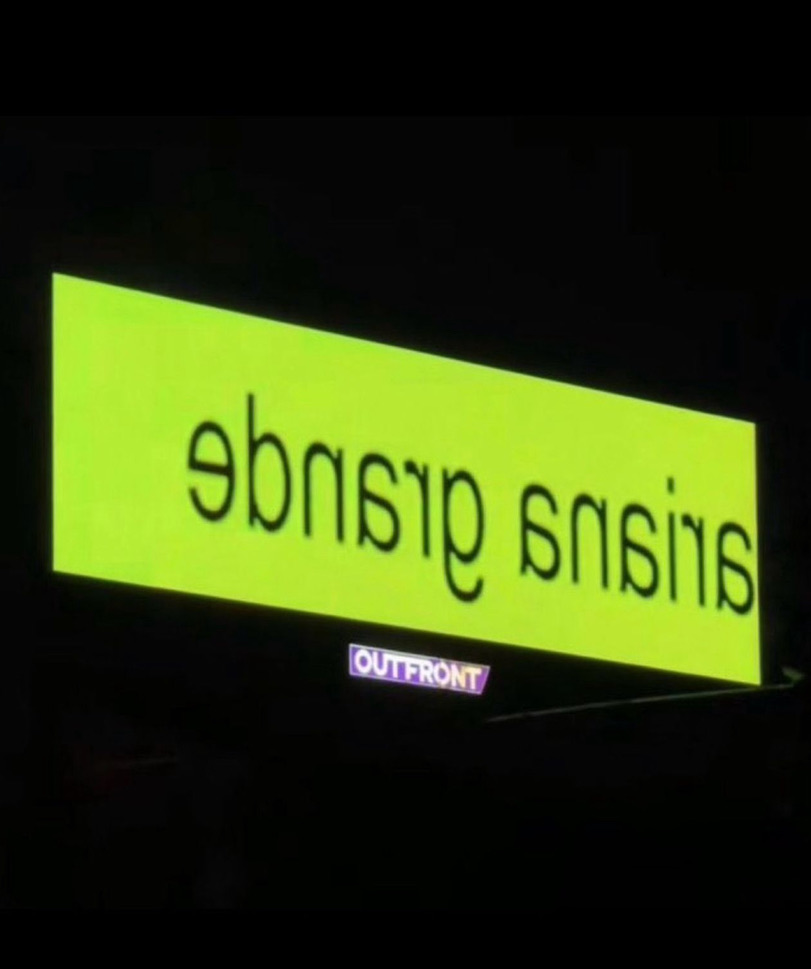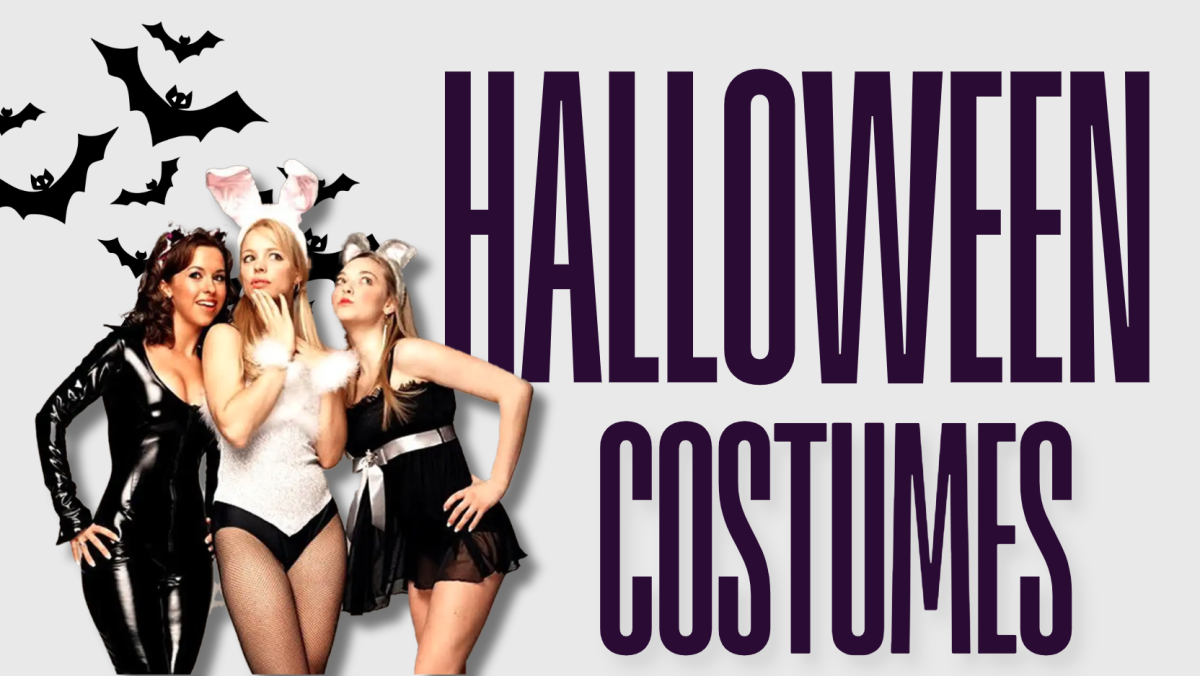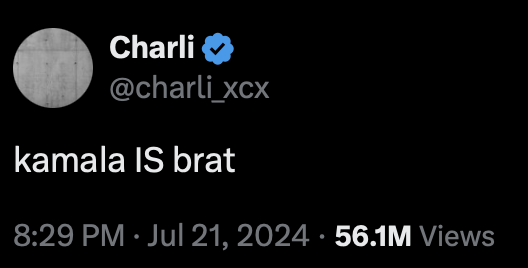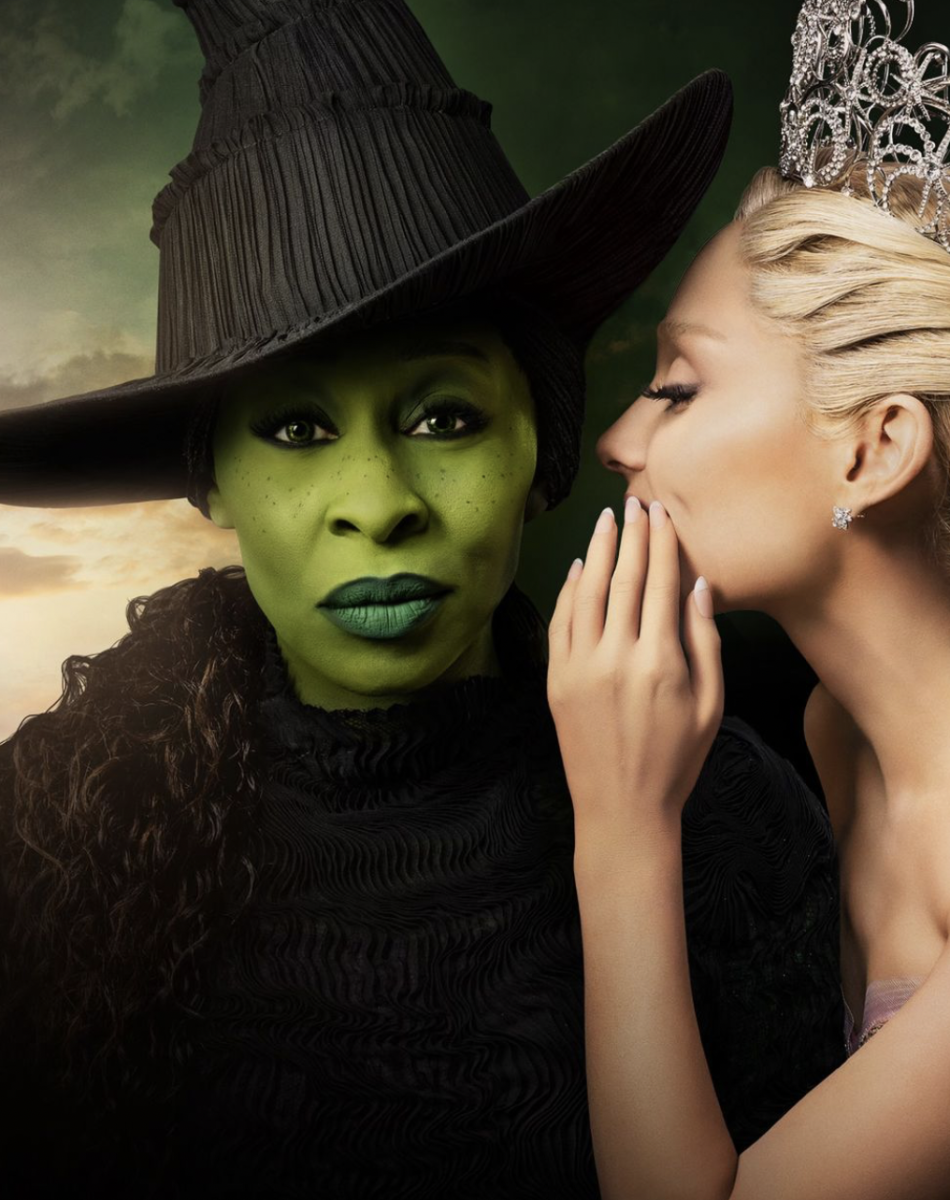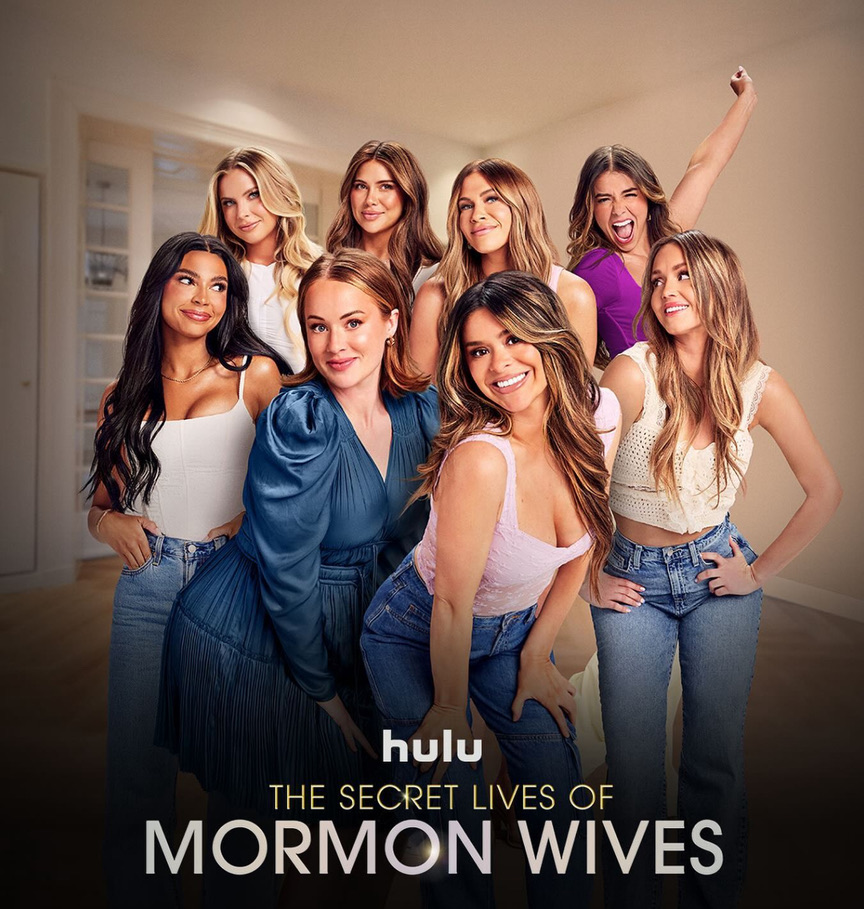Gen Z. A generation of talent, political despondency, self-proclaimed critical thinking, and yet, is the way we have positioned ourselves the very thing that will crucify us? Born into an era distinct from all generations before it, Gen Z witnessed a rapid evolution of technology. In a world increasingly driven by the fast pace of online spaces, Gen Z took no time in harnessing the reins. We are the generation that blurs the lines of sexual and romantic titles, the generation that so thoroughly departs from traditional vocabulary. We are the generation that uses platforms such as TikTok as a form of advocacy, a launchpad for cancel culture and a source of pleasurable escape.
In an ever-evolving commercial world, each generation has woven its own distinct thread, colored by the zeitgeist of its era. Corporations, ever the astute weavers, have long recognized the value of these threads, deftly exploiting them to craft narratives that resonate with the collective consciousness. As the counterculture movement of the 1960s and ’70s saw companies like Volkswagen capitalize on this ethos with the iconic Beetle — marketed as the car for the nonconformist — modern campaigns such as Nike’s “Just Do It” served as a response to Generation X’s skepticism towards corporate motives, appealing to desires for authenticity and self-reliance. Now, as Gen Z enters the workforce, it comes as no surprise that corporations have again repositioned themselves, capitalizing upon Gen Z’s unique form of digital nativity, social consciousness and brazen sense of humor. In the digital agora, where memes and viral content reign supreme, companies have become adept at speaking this language — one characterized by irony, self-awareness and relatability.
There may be no clearer example of this than the marketing surrounding Charli xcx’s album “brat”, a reinvention of the 1990-2000s party scene expressed through the grunginess of low-resolution text and lime green vibrance. At first nothing more than an alternative, unpolished energy, “brat” — much like the phenomena of Taylor Swift or “Barbie” — has become more than a music or a moment; it has become a marketing scheme in and of itself. Generating $22.5 million in media impact value — a value determined by content revenue, article mentions and social media interactions — “brat” has swiftly welcomed collaborating brands like H&M into its limelight. Ever so celebrated as an echo of Gen Z counterculture, “brat” has since graced the cover of our very own The Fordham Ram (see 2024 Orientation issue) and has become so influential that it has been wielded as a tool to appeal to young voters. In the midst of a collective striving for awareness and camaraderie, Gen Z has come to accept a cognitive diversion where hysterical edits of a vibrating voice (“You think you just fell out of a coconut tree?!”) and a simple post saying “Kamala is brat” now holds sufficient social power to sway a presidential election.
Within each historical epoch, corporations have adeptly tuned their strategies to the frequencies of generational desires and anxieties. In today’s digital age, leveraging celebrity power and catchy taglines has become increasingly common; the marketing of “brat” and similar campaigns reveals the many forms in which contemporary brands have come to identify and engage our current social fabric. Companies have mastered the art of generating and leveraging shared cultural experiences, selling products to a collective more inclined to buy into an experience they so fear missing out on than question the application of the idea they entertain or the very product that they are consuming in its name. The celebration of Gen Z humor, regardless of its relevance, has become appreciated in all contexts, a sensation that may merit further assessment. In a developing culture where relatability is so attractive that we lend credibility based on a desire for social camaraderie, has our inclination to find solace in escapist inventions and popularized attitudes blinded us to the very lack of awareness we claim to critique? Is it the time to revisit our cultural cognizance?
As attempts to create cultural moments that resonate deeply with Gen Z audiences become increasingly saturated and artificial, the opportunity for a more critical civil awareness may reveal itself, prompting yet another shift in advertising. As it is, there comes a point where what was once meant to brew a sense of authenticity grows transparent, and palpably predictable. In a consumer culture where trends last little more than a fleeting glance, this process has become exponentially accelerated. More and more, it becomes imperative to question whether we, as consumers, are truly attuned to the phenomena we celebrate, and the spaces in which we may lend such phenomena relevancy. In light of our socio-economic state, it remains in our interest to be evermore vigilant, ensuring that our humor and quest for connection do not supersede our desires for social awareness and critical thought.





































































































































































































